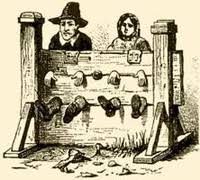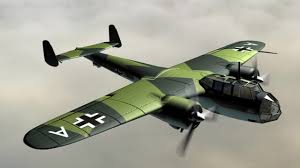Introduction In this writing , there will be details of crimes and punishments from the Roman era to modern Britain. Throughout all these times , and even further back in history , people have always committed crimes and faced punishments for those. For example , if you commit patricide (killing your father) you would be put in a sack of snakes and thrown in the river to drown. Would you believe it ?
Roman times
During this particular time period , ( it spanned between 500 BC and 400 AD murder and theft was very common. Also also , in this time period , the Romans had to follow the rules of the Empire or you would be punished according to your status ( if you did not follow the rules ). Punishments in the Roman era were not nice ! The punishment that was usually used was beating and lashing (particularly on there back ). More meaningful crimes demanded more violent and more harsher punishments. These included ; being thrown of a cliff or crucifixion. Worst of all , the Romans did not always give punishments ; they sometimes moved onto instant death. If this was you and you got blamed for something you did not do , how would you feel ? In the Roman times , there were prisons , but they were rarely used. Sometimes , they were used to hold prisoners before trial. Although all these punishments seem very severe , but in Roman times they were actually used.
Anglo-Saxon times
The Anglo-Saxon era started in around 410 AD and ended at about 1066 AD. In the Anglo-Saxon period , crime and theft used to usually be fined (weregild). In that time , money used to called shillins shillings (1 shilling is more than 1 pound !). If the Anglo-Saxons can’t decide whether innocent or guilty , they would do a trial (by ordeal). These included ; walking bare foot an hot coal and putting your hand in hot boiling water. If god decided to heal you in three days , you are innocent but if god did not heal it in three days , you are guilty. Also , if you commit theft , your hands would be chopped of so you can not steal. Sometimes , ( it is just for men ) if you recite a verse from the Bible , you would be let go.
Tudor times
If you want to know something quick about the Tudor period ,you should know that crime and punishment in that time period was extreme. In the Tudor Tudor period , there would be a punishment for absolutely every type of crime from petty crimes to murdering. If you gossip too much , you would get a scolds bridle to stop you from talking so much. Being burnt alive was a very common punishment. If you sell food and it is rotten, you would get a pillory ( it is where you get rotten food thrown on you ). If you are currently planning a treason against the Empire you will be executed. Remember this , in the Tudor period the punishments that were given were mainly to humiliate the criminals.
The Victorian times
The Victorians were also quite extreme. In this era , children were 10 and above were claimed as adults. So , if children do crime , they would get the same punishments as an adult. If you steal in the Victorian times you would get killed (either children or adult ). No school ? It is a crime. The children would go to child labor all the way to Australia. In the Victorian times Sir Robert Peel introduced the first police force. Then as time slowly went by the police forces slowly became more popular.
WW2
As you all know WW2 (world war 2) has very recently happened so you could know lots of things about this part of history. In WW2 , lots of crimes happened. The most common crimes that happened during this amount of time were robbery and murder. Luckily, during this time, there were police forces that tried to stop the crime from happening. Lots of people during that time , were selling things on the black market. So , those people that were caught stealing on the black market were fined and were imprisoned.
Very clear and organised facts throughout. Also, well chosen vocabulary and varied sentences. Add more details to your Victorians paragraph though.

